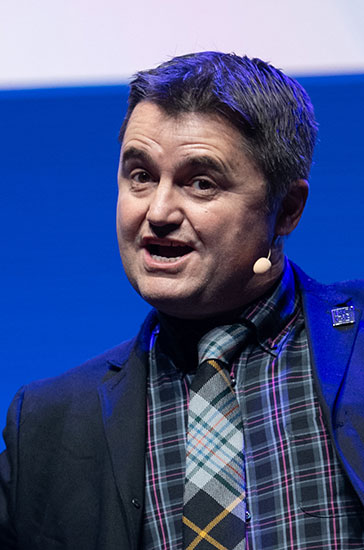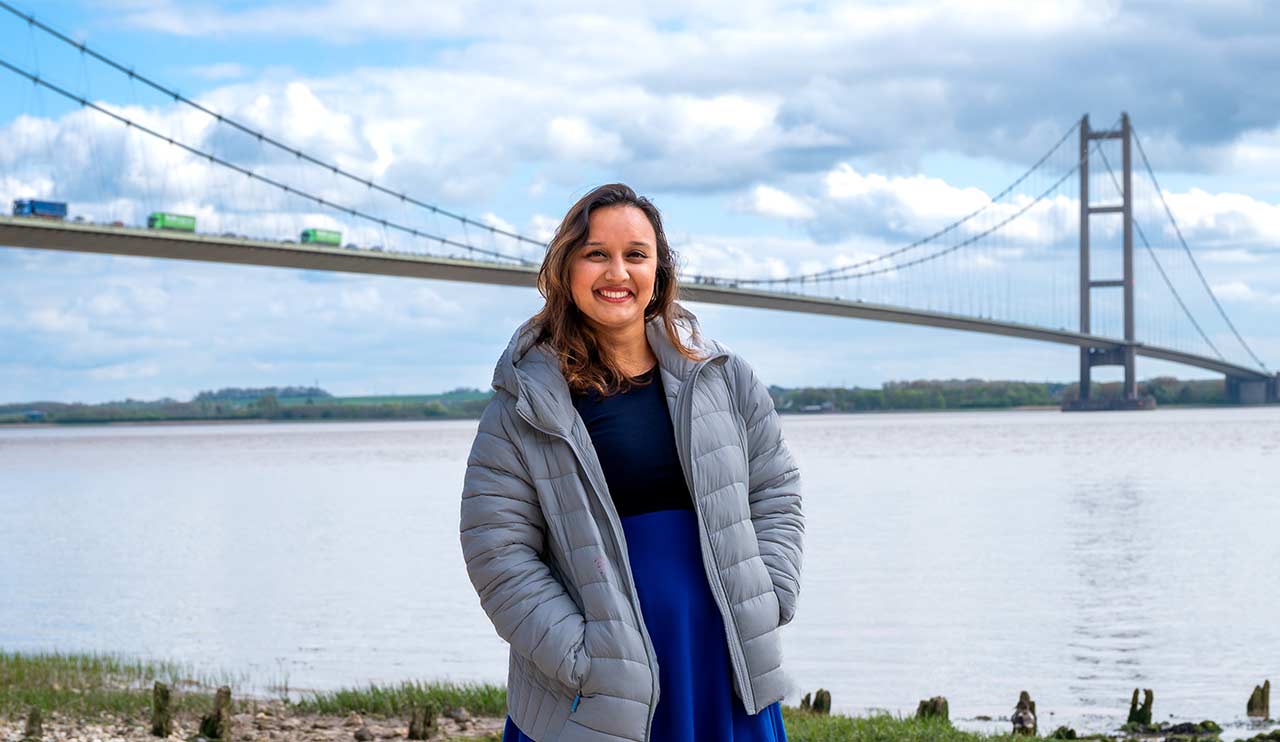

Addiction – one GP’s very personal account
Most GPs (and patients) will probably consider their practice ‘under-doctored’. It’s no surprise when as of February, every fully-qualified, full-time equivalent GP in England is, on average, responsible for 2,257 patients.
But some areas are more ‘under-doctored’ than others – and College analysis conducted last year found the issue is most stark in areas of high deprivation.

A GP in Kingston upon Thames, for example, looks after 1,800 patients while a GP in Kingston upon Hull -one of the most deprived places in England -is expected to cover twice that number.
One of these is Dr Eman Shamsaee.
After completing her medical training in Liverpool, Dr Shamsaee returned to her hometown of Hull to undertake her GP speciality training. She was supported by the Targeted Enhanced Recruitment Scheme - an initiative designed to attract GP trainees to hard-to-recruit areas - which has since had its funding cut.
Having grown up in Hull, Dr Shamsaee was eager to get back to her roots, to work and care for patients in the area which inspired her to become a doctor. She started her training on the east side of Hull before moving to a PCN covering a range of rural, coastal communities.
At the sub-ICB level covering the city, fully-qualified GPs are responsible for 2,790 patients - significantly more than the national average.
Dr Shamsaee explains the impact of fewer GPs on patients: "Our clinicians are spread pretty thin, and healthcare infrastructure is sparse, making it hard for our patients to get access to scans and tests.
"For our elderly and vulnerable patients this can be a serious obstacle: getting them from a rural village to a diagnostic centre or a hospital can be a huge undertaking and the travel cost can be a considerable financial burden for them.”
As well as an insufficient workforce, Dr Shamsaee says infrastructure is a big issue: “Our surgeries don’t have enough rooms to provide care for all our patients, there are around thirty thousand registered with us. Our buildings are so small that we wouldn’t have enough rooms to accommodate the new GPs we desperately need."
The negative health effects of deprivation can compound the challenges facing under-doctored areas.
"The fact that we're an under-doctored area only tells half the story, we're up against highly demanding public health issues because of the deprivation in our area,” Dr Shamsaee explains, "substance misuse in the east side of Hull and around the city centre is a real concern, we've seen a series of complex infections befall patients from the use of certain drugs. At present, there isn't enough dedicated capacity to support them, and the demands of aftercare can often fall on GPs, intensifying our workloads.
"Closely linked are the mental health challenges faced by many patients. It's worryingly common to treat younger patients suffering from anxiety and depression who aren't getting the help they need due to long waiting lists for services."
Despite the challenges, Dr Shamsaee finds immense satisfaction working as a GP in the area she was raised and feels a deep connection with her patients and her community.
"Just last week I was making a home visit, walking through a small village, and I crossed paths with a patient I had treated for debilitating back pain the week before,” she recalls, “he told me he’d been riddled with nerves before our consultation, but that his mobility had massively improved and he can now get out and about. He said 'my parents should be very proud of me’ it's this kind of compliment that makes any difficulties worthwhile."
Dr Shamsaee believes her identity as a member of her community is vital for her work.
"GPs who are familiar with the area they practice in, who know what it's like to live there, are in an ideal position to provide personalised care,” she says citing shared frustrations with local roadworks as an example.
"They're a real pain but when you're stuck in traffic too, it gives you a connection to those you're caring for, it shows you have the same frame of reference and that you understand them."
Dr Shamsaee recites the poet Maya Angelou:
"I've learned that people will forget what you said, people will forget what you did, but people will never forget how you made them feel."
Thank you for your feedback. Your response will help improve this page.